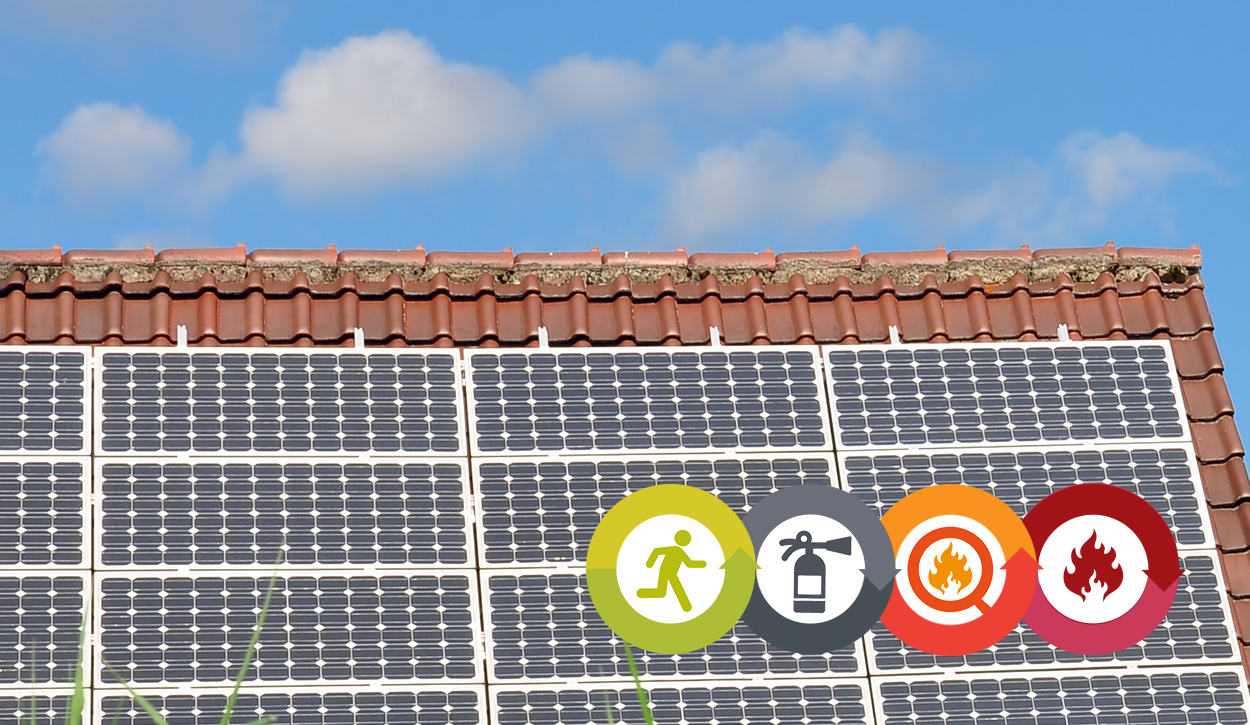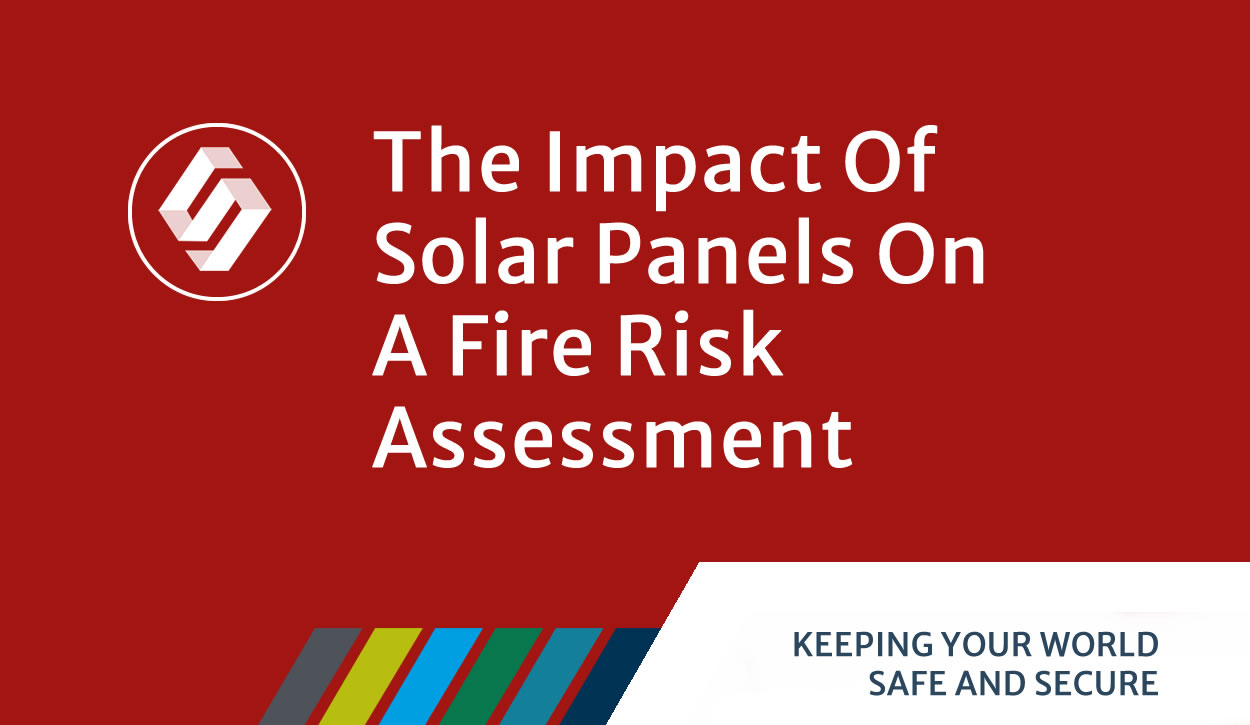The Impact Of Solar Panels On A Fire Risk Assessment
A fire risk assessment (FRA) of a block of flats in east London whose roof was gutted after a blaze, damaging 36 homes, failed to declare solar panels had been installed at least eight years before. About 50 people were evacuated from the Pembury Estate in Dalston Lane, Hackney, on 5 June but none of the residents have moved back home, a month after the roof sustained significant damage.

A 2019 FRA by Peabody, the housing association responsible for the building, stated there were no solar panels on top of the flats, something an independent fire safety expert said made the report “defective and dangerous”.
The Metropolitan Police said inquiries were ongoing to establish the cause of the fire, which took two hours and 100 firefighters to bring under control. “The chance of a roof catching fire without them (the solar panels) would have been nil,” fire safety expert Arnold Tarling said, adding the panels were visible on satellite imagery from 2011. Mr Tarling stated: “Solar panels change the whole fire dynamics of the roof; if the wrong information is in the fire box it puts firefighters arriving at the scene at risk.”
A spokesperson for Peabody said: “We don’t know what caused the fire and are still awaiting the outcome of the investigation. However, this is an incident we are taking very seriously.” The 2019 FRA carried out by Peabody said the roof presented a major fire risk, as it could not be determined whether it was of a reasonable standard to slow the spread of the blaze. It also warned of inadequate fire doors, the use of combustible polyurethane foams that needed to be replaced, and gaps in the building not filled in with fire-resistant materials.
London Fire Brigade says there have been 31 fires across the capital involving solar panels since the beginning of 2018. Several factors can lead to a solar panel catching fire. One of the primary causes is faulty installation. Using an incompetent installer for solar PV systems can result in defects that may cause fires. Similarly, product defects, particularly poor-quality or incompatible components, significantly increase the risk of solar-related fires.
Planning and design issues also contribute to the risk. Improperly planned installations, such as placing PV systems on combustible or partially combustible roofs without fire-resistant coverings, can lead to fires that damage both the solar panels and the building. Additionally, external influences can cause solar panel fires.
External factors include moisture and water ingress into parts of the PV system, like DC and AC connectors. The accumulation of dirt, bird droppings, and foliage on PV panels is another risk. These obstructions can cause shading, which leads to hot spots that can potentially ignite. If you have had solar panels installed and not considered this within your fire risk assessment process this would be an important omission from the process. Speak to one of our team at SS Systems for more information on the impact of installing solar panels at your commercial location.
#FireAlarms #FireRiskAssessment #FireSafetyEquipment #FireAlarmMaintenance #AccessControl #CCTV

